STORIES / Okara’shòn:’a

The strawberries are coming
Long ago, the people lived in small villages, sometimes bigger ones depending on the sizes of the families. And they lived in longhouses. There was an extraordinarily cold winter with a lot of snow and the people suffered.
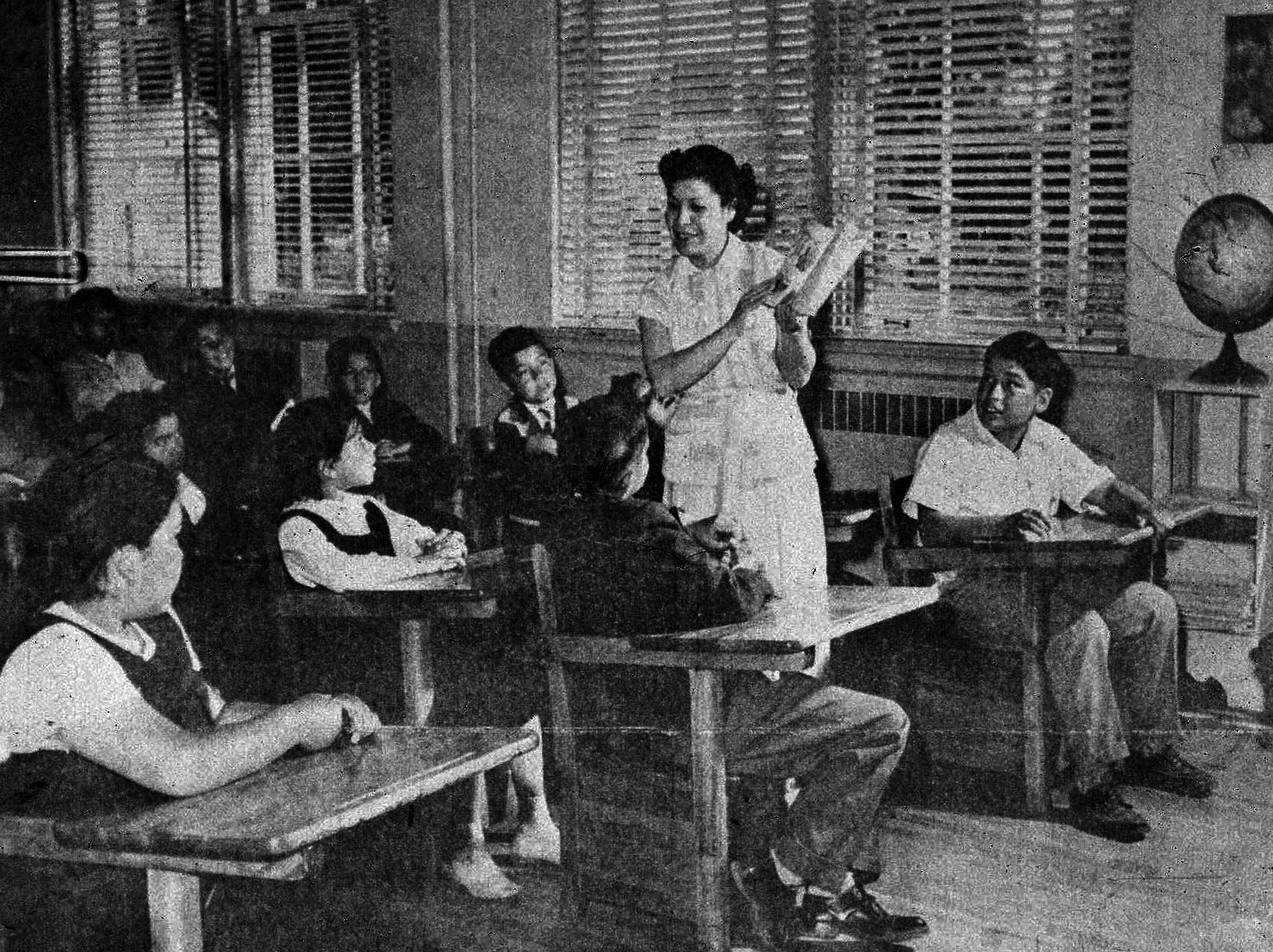
Don’t forget your language
On this whole street, the language was all that was spoken. So in the house, we only spoke the language. That was until we started Kateri Indian Day School.

Porch stories
When I was growing up, the families were much closer than they are today. They were closer because of the shared language and also because of the storytelling.
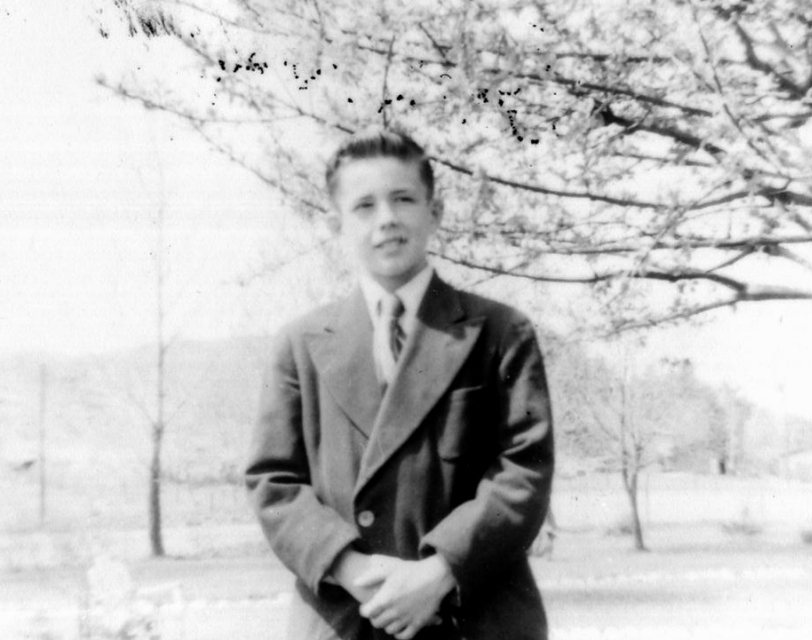
Rambunctious ones
My dad had left when I was young so my mom was raising five of us by herself. In 1949, when I was nine years old, she went to the Indian affairs office to apply for welfare or “relief” as it was called back then. Instead, they thought it would be best to send me and my older brother, Marvin, away to residential school.
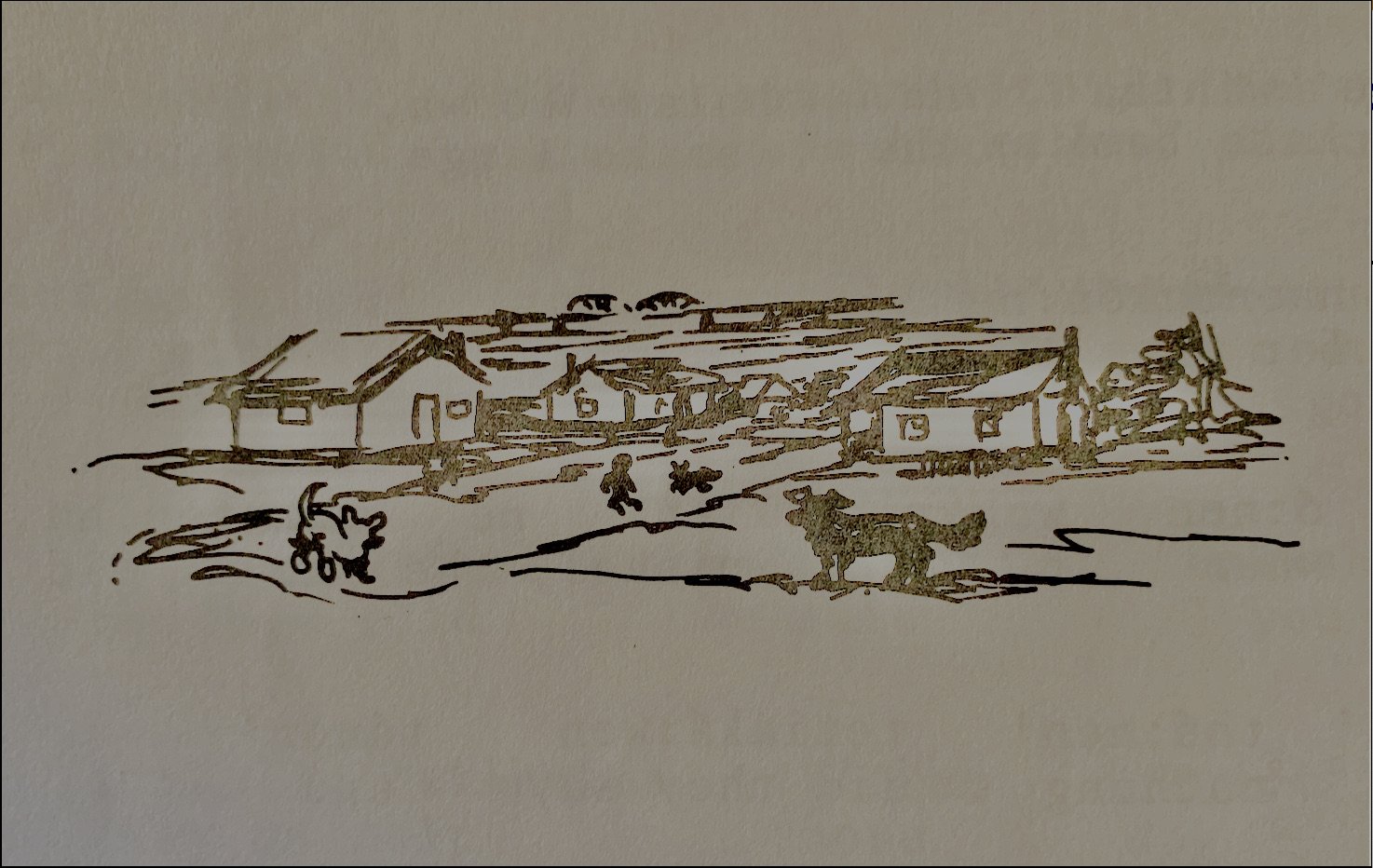
Why we have so many dogs in Kahnawake
At that time, dogs were loose. They ran all over town and got into all kinds of trouble. The people in the community got tired of these dogs barking all night and doing all this mischief.
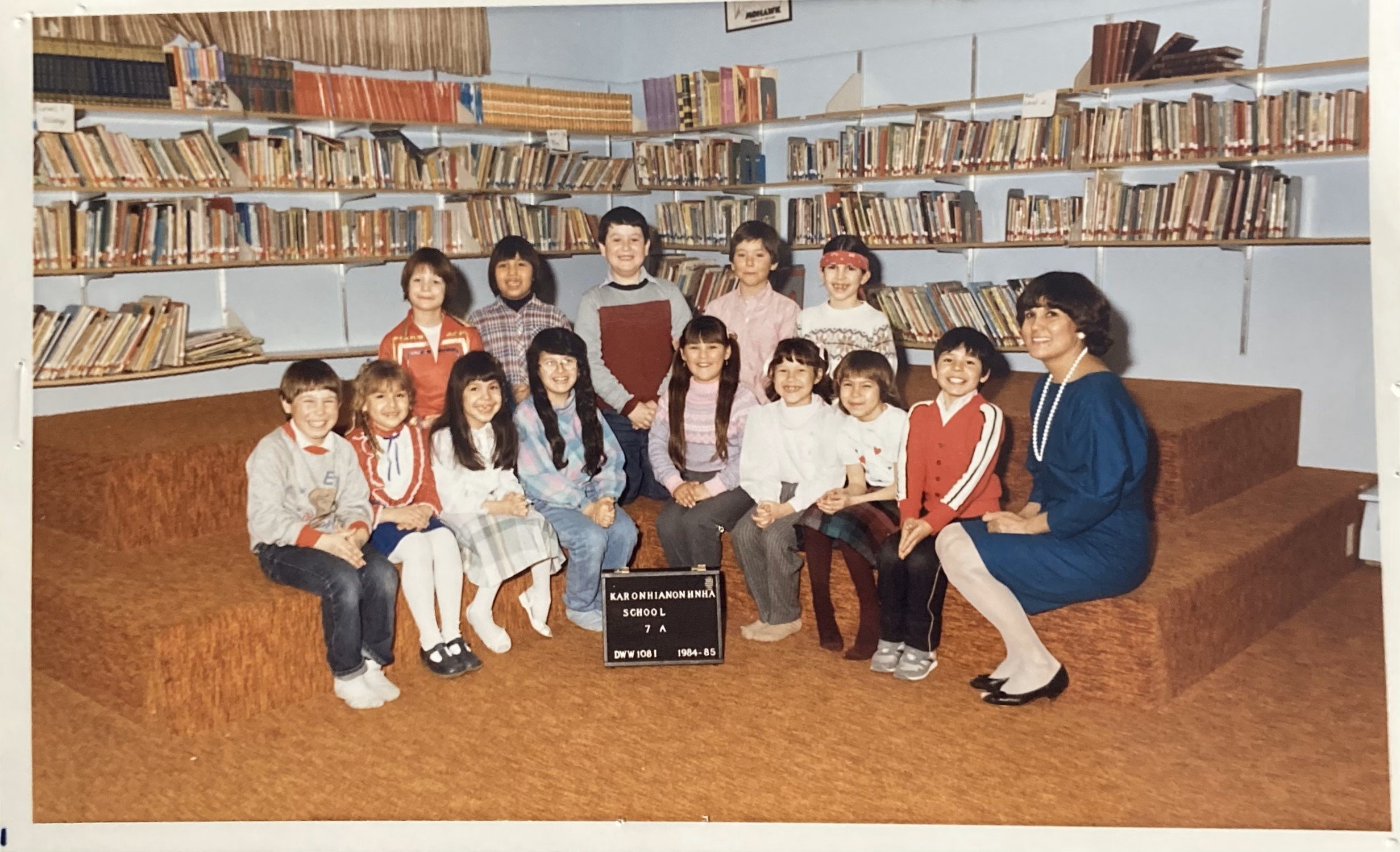
Mohawk language in the schools
The summer following my first year teaching in 1973, five of us enrolled in the Teacher Training Program offered by the University of Quebec at Chicoutimi. That fall I got a job at Kateri School teaching grades 1, 2, and 3.

Women and Mother Earth
The most important thing in our culture is the women, not the men. We are only tools of the nation.

Discredit the women
In Ganienkeh, they talked about women’s rights. Women are not treated equally around the world. Most cultures don’t treat women very well.
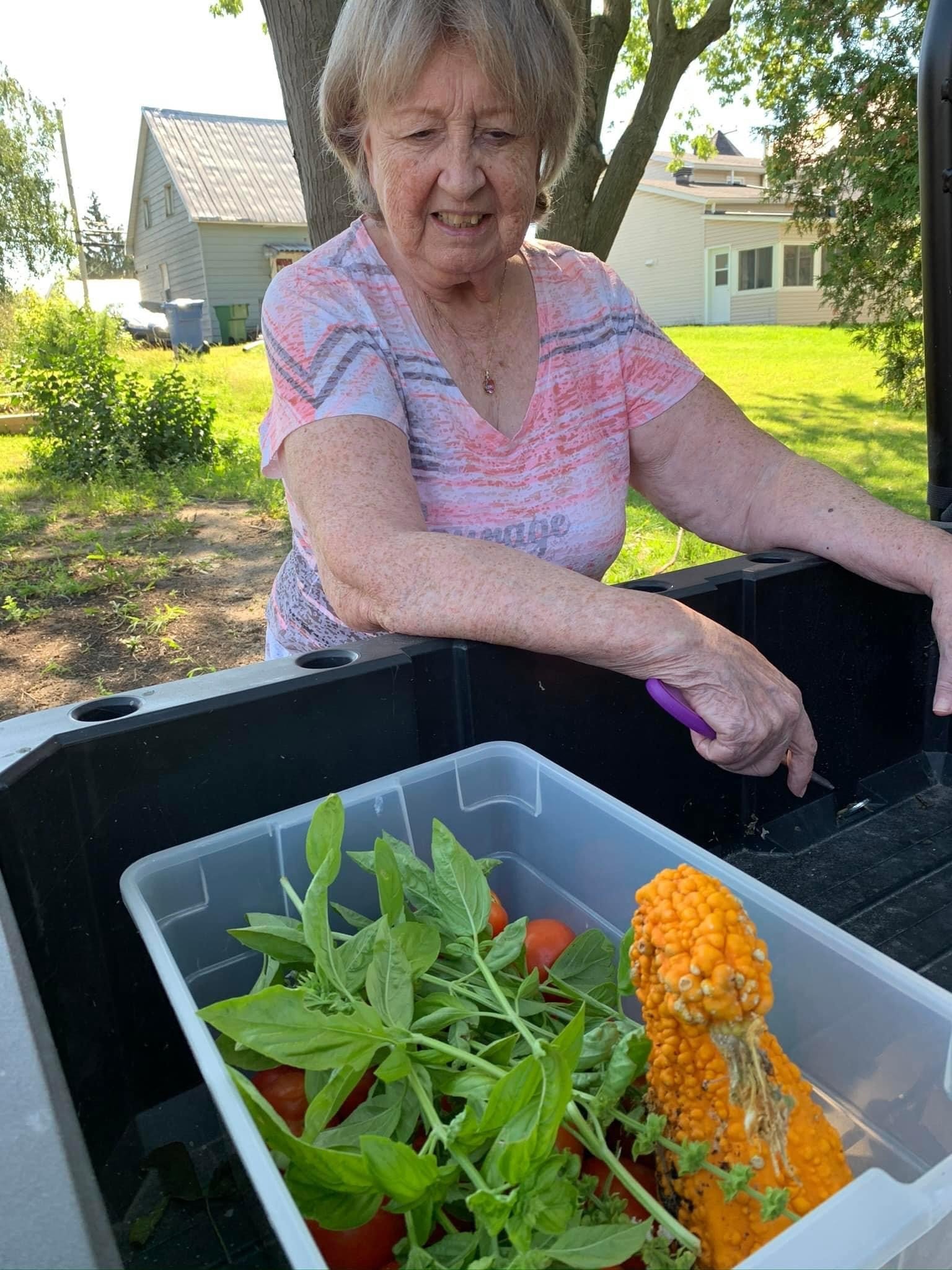
Our own grandparents
There’s so much to say. The education system, to me, teaches you how to make a living, how to make money, all of that. But it doesn’t teach you how to live a good life.

Our spirituality
There is so much to be taught and there is so much to bring back. I think a lot of it has to do with our spirituality and understanding life. It isn’t life affecting you, it is you affecting life.

Farm abundance
My father was laid back, a man of not many words. When I was younger, I asked him, “What did you do during the depression?" He looked at me kind of funny. He had a habit of kind of shrugging his shoulders.

Rhubarb fields
I grew up on a farm, the Bordeau farm, which was in the family since the 1800s. My late grandfather, he passed in 1948, somehow had secured a contract with Nathan Steinberg of the Steinberg chain of grocery stores.

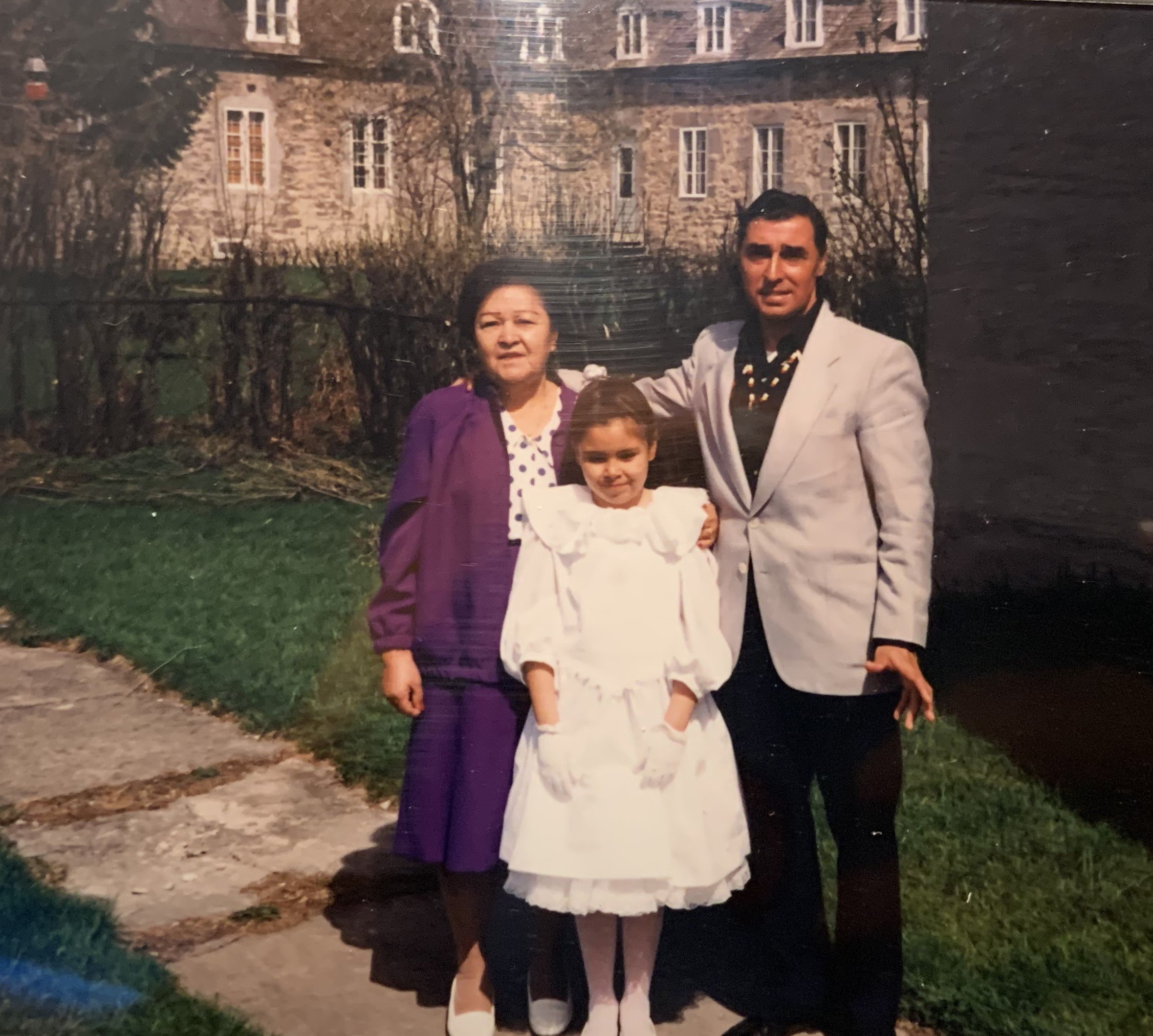

Stone foundation
When I was a kid, we used to go walking under the bridge along the train bridge towards the farms in 9C area. They used to cut the hay in this neighbourhood, and when I bought this property here, I found a bull horn in the grass.

Cows, fruits, vegetables, and farms
In the area, people were growing rhubarbs, apple trees, and any kind of currents, berries, and everyone had gardens. We’d go all the way out, past the golf club, over the tracks. There were other farms there.

When the sap is going good
I used to work on maple syrup in Ganienkeh in 1977 till 1984. I had 1500 taps that I would tap myself. I started in February when there’s still snow on the ground and I had to go through every tree, drilling the holes, putting in the plastic taps that go down to the lines.

Jars of maple candy
In Ganienkeh, the Warchief, who was the main guy for maple, used to tell me, “Boil it longer”, because he didn’t like the fancy grade A syrup. It’s too light.

Uncle Ugly
I just had a Zoom meeting with the department of youth protection. They want me to work with the kids. It's a big emotional investment, and reminds me a lot of my own past, being taken away.

